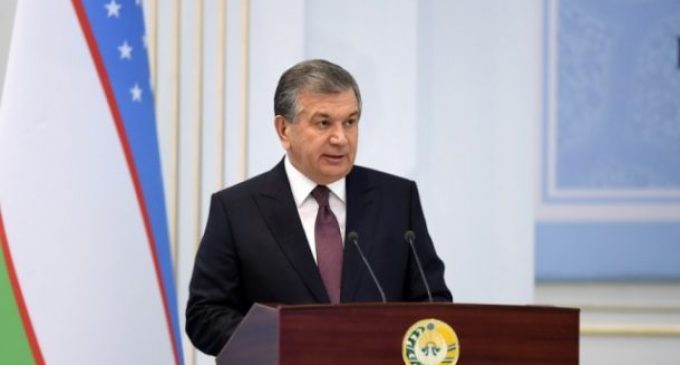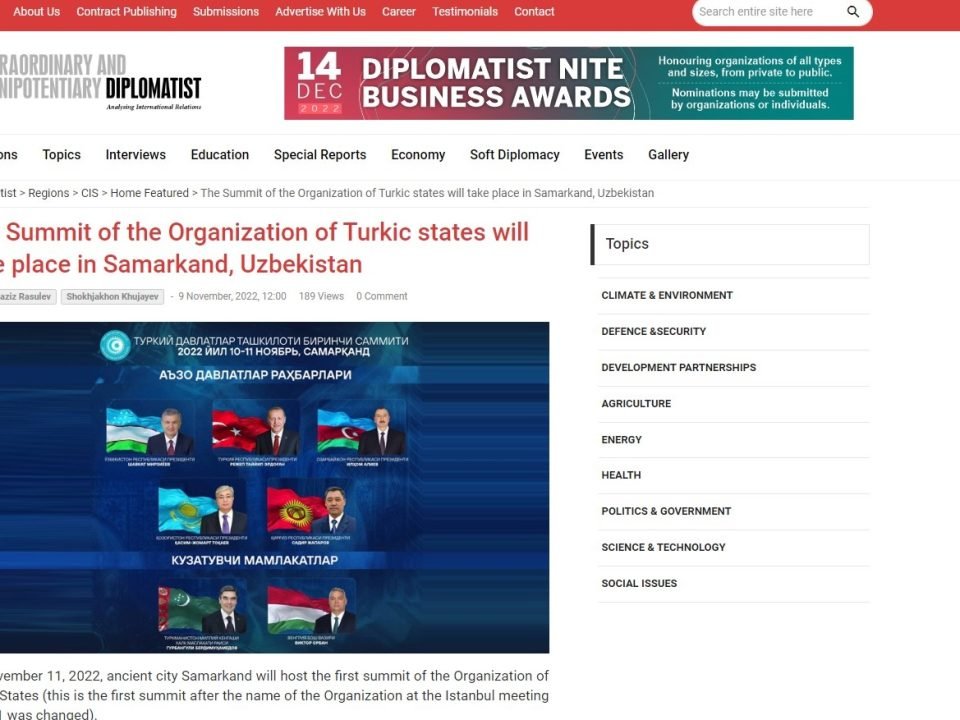IFTIKHAR GILANI | Updated: Nov 13, 2017, 09:45 AM IST, DNA webdesk
Even as India is planning to host a high-level international conference on countering radicalization, Central Asian country Uzbekistan President Shavkat Mirziyoyev on Sunday proposed to establish the Imam Bukhari International Research Center in Samarkand—after the name of ninth century saint and scholar to provide effective intellectual tools to contest extremism and misinterpreting religious texts.
Addressing a security conference on Central Asia under the auspices of the United Nations, which was also attended by an Indian delegation led by Minister of State for External Affairs General (rtd) V K Singh, President Mirziyoyev said his country was also establishing the Center for Islamic Civilization in the historic city of Tashkent.
In the Indian context, a Centre in the name of Saint scholar Muhammad ibn Ismail al-Bukhari holds significance as most of religious texts and curricula in Indian madrasas originate from his scholarly works. Commonly referred to as Imam Bukhari, he authored the hadith collection known as Sahih al-Bukhari, regarded by Sunni Muslims as one of the most authentic collections. After Quran Hadith is an important source of Islamic teachings, based on the record of the traditions or sayings of the Prophet Muhammad.
According the Uzbek President, the main goal is to turn Central Asia into a stable and economically developed region by joint efforts. “We must eliminate the roots that feed the conflict potential. We are looking for reasonable compromises in resolving issues on borders, water use, transport and trade.” He also linked stability and development in the region to the peace in Afghanistan, stressing to counter extremist ideology and educating young people about its pitfalls.
According to the President, one of the most effective tools for countering extremism is education, especially educating young people, explaining them the humanistic essence of Islam and the true values of Islamic culture. “In this regard, we decided to establish the Imam Bukhari International Research Center in Samarkand and the Center for Islamic Civilization in Tashkent,” Mirziyoyev said.
India’s former envoy in Russia and also an expert on Central Asian affairs, Ashok Mukherji, believed that the Central Asia’s rich and tolerant Islamic heritage can play a major role in the reconstruction of its national identities as well as relations with India. “This heritage is symbolized by the acknowledged theological eminence of Central Asia’s Imam Bukhari in compiling the Hadith or sayings of the Prophet, as well as the scientific and humanitarian contributions of Central Asian Islamic scholars such as Al-Beruni, Al-Farabi, the astronomer-king Ulugh Beg, and Sufi Islamic saints such as Ahmed Yasevi and Nakhsbandi,” he said, adding that all these scholars have intrinsic links with India and part of its heritage. He maintained that this heritage, which has taken root since ancient times, is one of the great opportunities and challenges of the new Silk Road.
http://www.dnaindia.com/india/report-lean-on-central-asian-saint-s-teachings-to-counter-extremism-uzbek-president-2559635


























